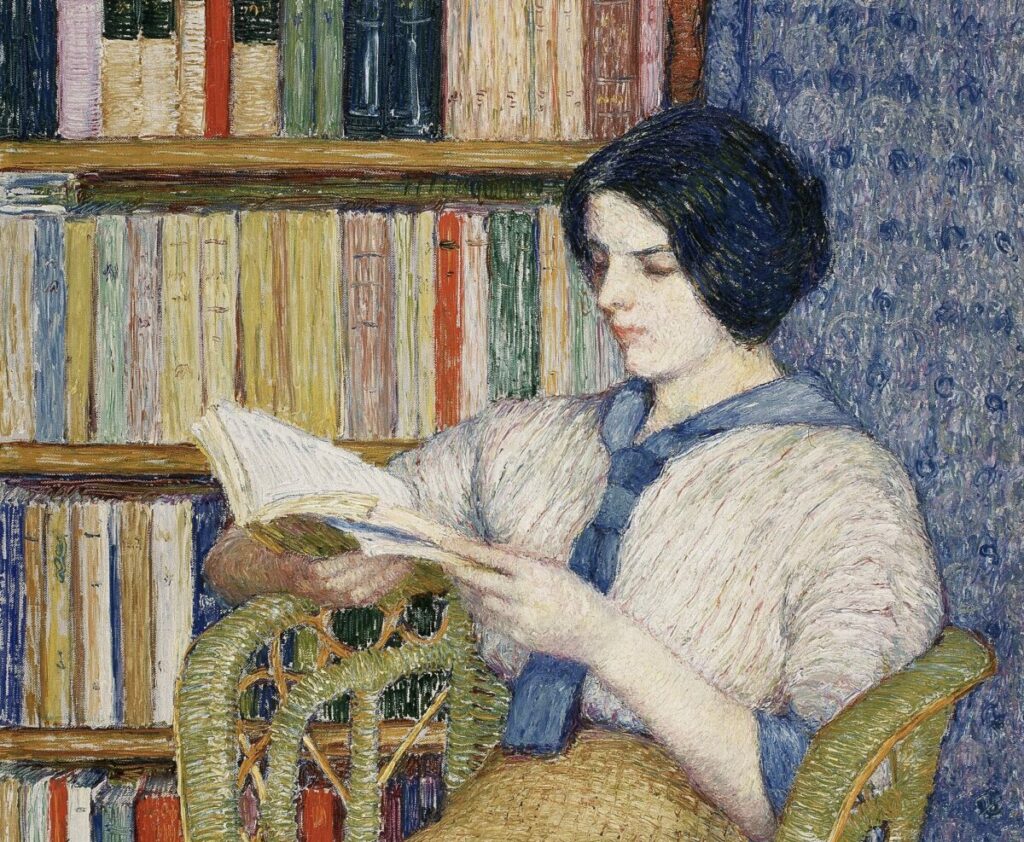
For many people, entering the new year means turning a page and starting a new chapter – an easy feat for book lovers.
Just in time for 2024, we’ve sifted through publishing releases and curated a literary lineup featuring inspiring female voices, from acclaimed essayist Leslie Jamison to Bikini Kill frontwoman Kathleen Hanna.
Whether you like historical novels or memoirs or thrillers, make sure to mark the release dates of the following 10 books.
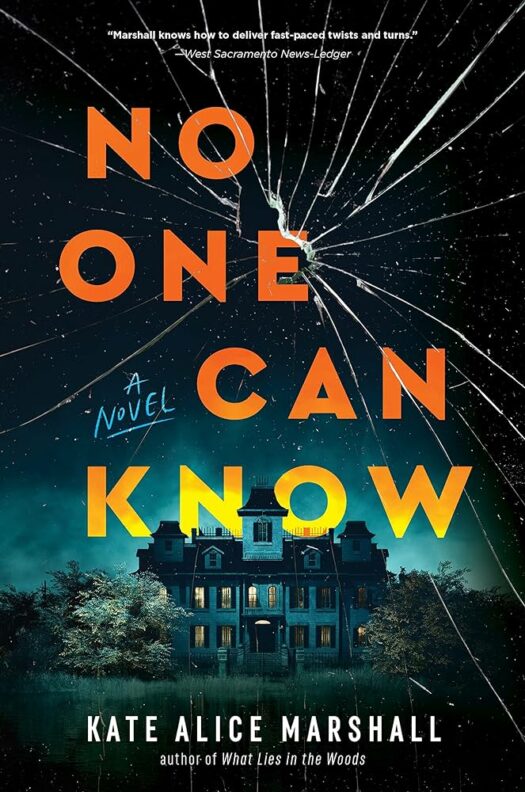
No One Can Know by Kate Alice Marshall (Jan. 23)
This story follows the Palmer sisters: Emma, Juliette and Daphne. On the night their parents were murdered, Juliette was found wearing someone else’s clothes and Daphne was covered in blood – yet the only one accused of the crime was Emma, the middle child. However, a lack of evidence sets all three sisters free – and on separate paths, as they all try to move forward with their lives. Then, fourteen years later, a string of bad luck leads a pregnant Emma, along with her husband, back to the house where the tragedy occurred. And her neighbors haven’t forgotten. As old traumas begin to resurface, Emma is forced to reevaluate what happened that night, wondering if she really did the right thing by staying quiet about what was whispered to her: “No one can know.”
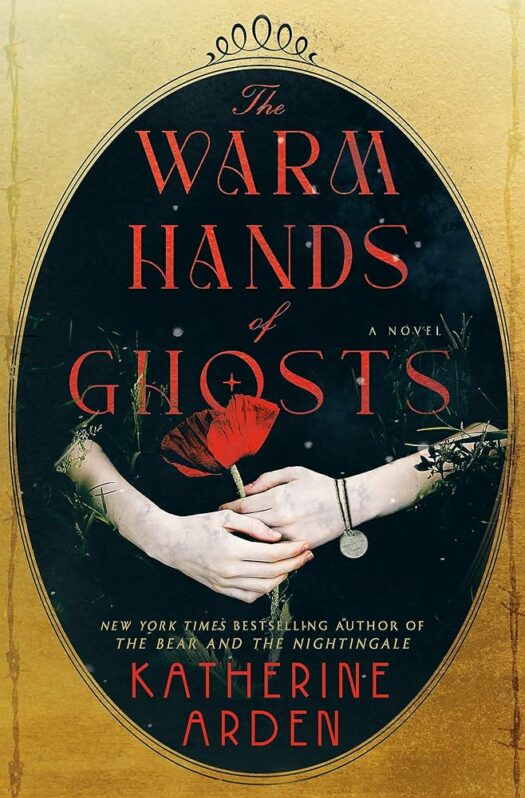
The Warm Hands of Ghosts by Katherine Arden (Feb. 13)
In this historical fiction book, World War I is in full throttle, and Laura Iven, a combat nurse, has just been discharged from the medical corps after being wounded on the field. Back home in Canada, she receives word that her brother, Freddie, has died in combat – but she isn’t entirely convinced that the story she’s told is true. There are rumors floating around about haunted trenches and a peculiar hotel owner whose wine gives soldiers the gift of oblivion. It sounds impossible, she knows, but she can’t shake the feeling that her brother is still alive somewhere. There’s only one way to find out. Laura returns to Belgium and volunteers at a private hospital, where she quietly starts poking around for clues – and what she ends up finding will cause her to question everything she knows.
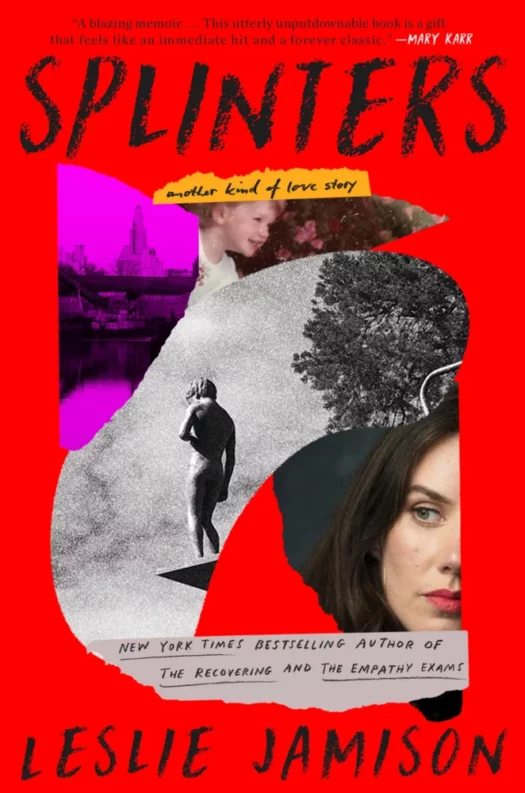
Splinters by Leslie Jamison (Feb. 20)
After Stephen King called her last nonfiction book “required reading,” there’s been lots of buzz surrounding the next release of Leslie Jamison. And now, the wait is over – the renowned essayist, who has been compared to writers like Joan Didion and Susan Sontag, will be releasing a memoir. In “Splinters,” she weaves together stories from her own life, from her parents’ divorce to the birth of her daughter, while simultaneously exploring what it means for a woman to be many things at once – a mother, an artist, a teacher and wife. Her memoir, focusing on themes of grief, love and womanhood, serves as a guidepost for women who struggle to give themselves permission to be plural.

Grief Is for People by Sloane Crosley (Feb. 27)
From the bestselling author of “I Was Told There’d Be Cake” comes a new memoir about grief and how to navigate it. In “Grief Is for People,” Sloane Crosley writes about the experience of losing her closest friend to suicide. In the months following the loss, she looks for answers in friends, philosophy and art – anything easier than facing her own grief head-on. While the subject matter may come as a shock to readers who know Crosley for her humorous essays about the misadventures of young adulthood, it also serves as proof that Crosley’s darkly funny writing style can carry over to more serious topics. This book serves as an in-depth handbook for moving on after loss, a challenge most people face at some point in their lives.
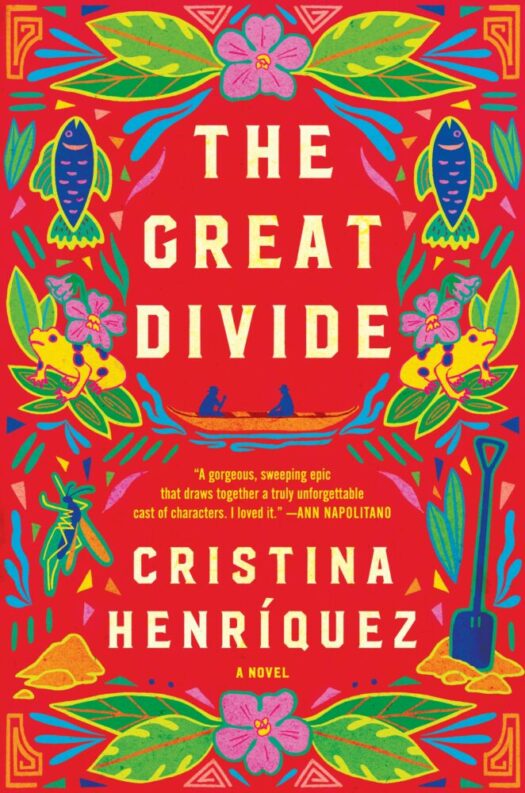
The Great Divide by Cristine Henríquez (March 5)
The Panama Canal, constructed at the beginning of the 20th century, is regarded as one of the greatest engineering feats in history. But at what cost? This work of historical fiction delves into the untold stories of the people who built the canal, as imagined by the author. We follow a local fisherman who disdains the foreign powers seeking to exploit his nation, and his son, who takes a job in the excavation zone. Their stories intertwine with those of a teenage stowaway looking for work, a scientist looking for a way to eliminate malaria, and countless other activists, fishmongers, laborers, journalists, and doctors whose unsung work has steered the course of history more than anyone will ever know.
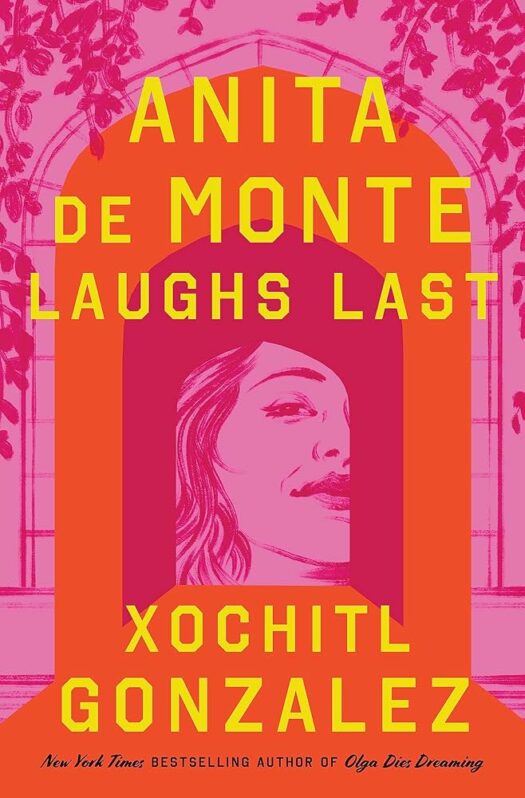
Anita de Monte Laughs Last by Xochitl Gonzalez (March 5)
It’s 1985. Anita de Monte, a youthful and captivating Cuban-American artist in New York City, is poised for a breakthrough in her career just as her artist husband reaches rock bottom in his. Then, Anita is found dead. While the art world is shocked by her untimely death, she’s slowly forgotten about over the years. Until 1998, when an Ivy League art history student named Raquel stumbles upon Anita’s story – and realizes it’s a story she knows all too well. Raquel, also in a relationship with an older, white, more prominent artist, sees the challenges that women of color face in the art world. This story, told from both women’s viewpoints, examines the power dynamics of art, raising questions of who gets to be remembered.
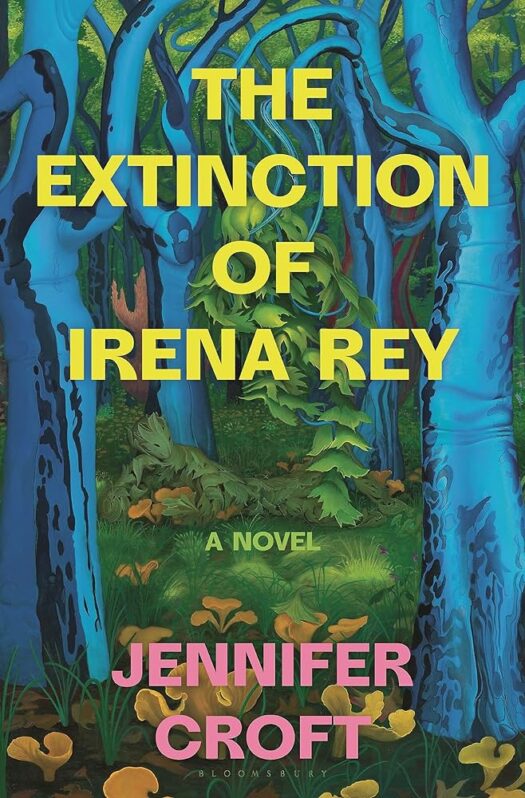
The Extinction of Irena Rey by Jennifer Croft (March 5)
Eight people arrive at the house of world-renowned author Irena Rey, nestled deep in a Polish forest on the border of Belarus. The people are translators from eight different countries, and they are tasked with translating the author’s masterpiece, “Gray Eminence.” But just days after they arrive, Irena goes missing. As the translators scour for clues through the ancient forest, as well as Irena’s home, which is full of exotic belongings, they uncover more than they bargained for. Tensions rise in the house, with some translators turning on one another and going mad trying to figure out who the beloved author really is. This book combines both humor and suspense to tell a story about art, celebrity and the natural world.
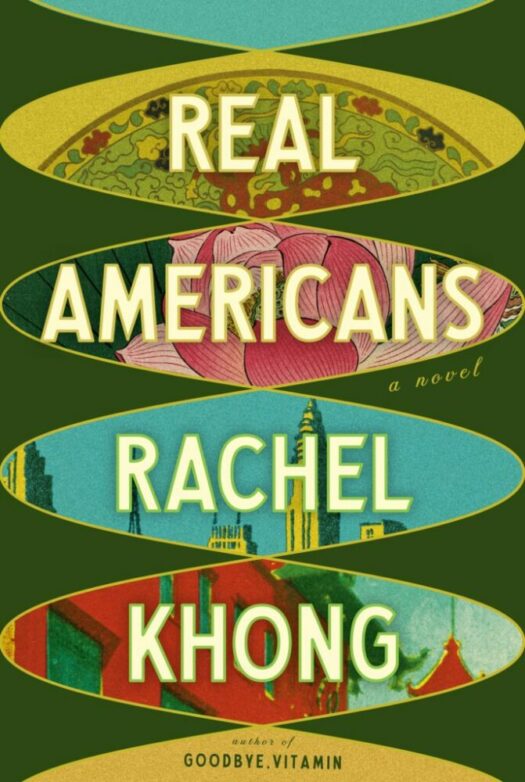
Real Americans by Rachel Khong (April 30)
It’s the brink of the Y2K era, and Lily and Matthew’s lives could not be any more different. A born-and-bred East Coaster, he’s the heir to a sprawling pharmaceutical dynasty. She, on the other hand, is a flat-broke, unpaid intern who grew up in Florida, the daughter of scientists who escaped Mao’s Cultural Revolution. Against all odds, they fall in love.
Cut to 20 years later. Lily’s son, Nick, wants to know who his biological father is. He knows his mother is hiding something from him, but she won’t tell him what it is. So, he sets out to find answers on his own. “Real Americans” is a story about class divides and the consequences of crossing them. It aims to answer an age-old question: Does where we come from define where we’re going?
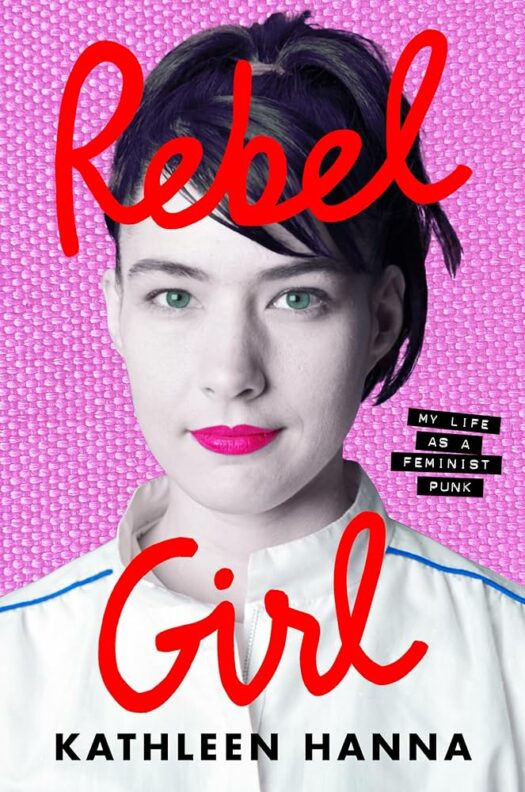
Rebel Girl by Kathleen Hanna (May 14)
Kathleen Hanna, frontwoman of feminist punk bands Bikini Kill and Le Tigre, was one of the leading voices of the Riot Grrl movement of the 1990s, which centered around gender equality. In her long-awaited memoir, the “Double Dare Ya” singer looks back on her legacy and the role she played in challenging music industry norms. She writes fondly about her friendships with musicians like Kurt Cobain and Joan Jett, which kept her grounded while she dealt with male violence and antagonism on a regular basis. With each chapter, she takes stock of all the highs and lows of her life, from falling in love to battling Lyme disease. This memoir is an important cultural document detailing how punk “girl bands” made a permanent imprint on the music industry and society at large.
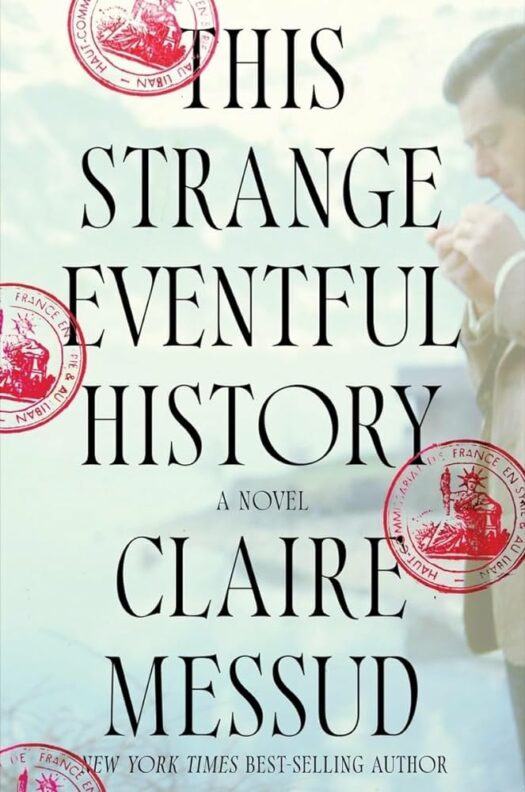
This Strange Eventful History by Claire Messud (May 14)
“This Strange Eventful History” tells the story of a family of pieds-noirs – people of French and other European descent born in Algeria during the country’s third period of French rule. From 1940 to 2010, the Cassar family travels to Salonica, Algeria, New England, Toronto, Australia and France, constantly on the run from a complicated colonial homeland. They become separated amid the turmoil of World War II, and then disoriented again following Algeria’s independence in 1962. All the while, each family member has secrets that draw the Cassars further apart as the years go on. This story about a family “born on the wrong side of history” is inspired by the author’s own ancestry.


